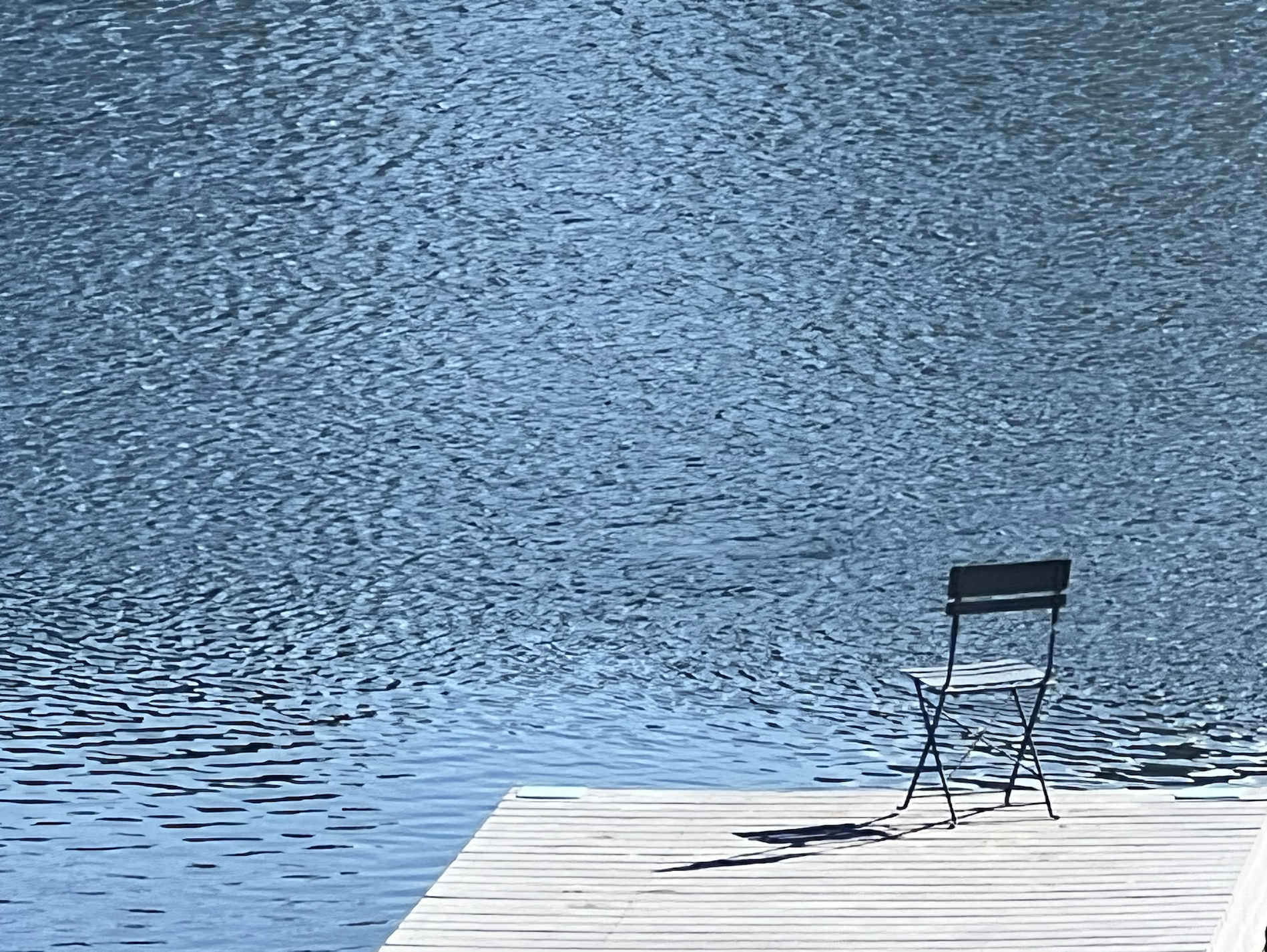For a long time, this has been a favorite notion that I’ve spoken into my facilitation — All life is meeting. It comes from the work of Martin Buber, a 20th century philosopher. I love the way that it points to small and large meetings at the edges. I love the way that it points to a never-ending spirit of encounter, where what I think is me (or we) meets what I think is you (or you, plural). I love the way that “all life is meeting” points to getting curious together.
Yesterday I read similar writing (thanks Shawna Lemay) from Priya Parker, author of The Art of Gathering.
“The way we gather matters. Gatherings consume our days and help determine the kind of world we live in, in both our intimate and public realms. Gathering — the conscious bringing together of people for a reason — shapes the way we think, feel, and make sense of the world.”
It’s such a simple message. It’s such an important reclaiming of possibility found in a simple message.
There are a few people that bring different approaches to facilitation. For me and most of the people that I work with, we value the importance of connection. And learning. And experiments. The personal is connected to the professional. The inner is connected to the outer. There are many of us that are trying to offer good and helpful meetings and gatherings. For me, the most poignant and potent emphasis in such gatherings remains how to amplify more belonging and trust in who we are together that is unique from who we are in isolation and fear.
Interrupting patterns of fear is important. So is reducing harm, or even eliminating it. Yet I continue to find that the most lasting impact I’m able to encourage in groups is in the sense of belonging, leaning to the amplified good that becomes available.
All life is meeting. I’m so glad for the many among us that are committed to gathering for the good that calls to our hearts and bellies.

” how to amplify more belonging and trust in who we are together that is unique from who we are in isolation and fear.”
I had a recent experience where I felt the impact of implicit bias in a group that deeply matters to me. This particular bias hit me in the belly, made me ill. And made me wonder if I could trust this group with my tender heart. In this particular case, it was about the fact that most people in the room are financially secure, able to purchase million dollar homes if they want to, for whom a broken furnace is not about living through the winter months with no heat. So, for them, any discussion about our communal finances comes from a place of security and options and preserving optimum property value. They have no understanding of living in poverty on a day to day basis. I am not currently in poverty, but my budget is close to the bone, and I am regularly drawing from savings in order to “afford” an art class or a winter jacket. And, of course, I made choices about my profession and my life that left me in a lifetime of tight finances. As a result, I’ve never had that kind of “ease.”
It feels a little bit like an insight into what it must be like to live inside the body of a person of color. How does one find that place of ease in a gathering when you are doubtful if others in the room are able to receive you as you are. Do the others even see you? Do you have implicit value? Not based on what you can “do” but for who you are. Your heart. Your depth.
In a conversation about finances in a gathering of people who are mostly financially comfortable, is there room for a woman who is not? Are those who live in a world of ease able to “see” a person who does not live in that world?
In these days, I am wondering about implicit value of a person who is fundamentally “different” from the others in a gathering, a meeting, a circle.
Thank you Saoirse. Yes to the journey of claiming and affirming implicit value. Always. And in particular, when not part of the norm holding group.